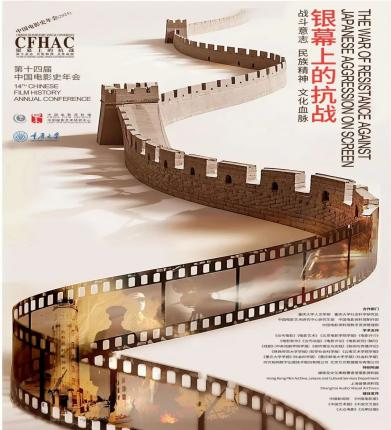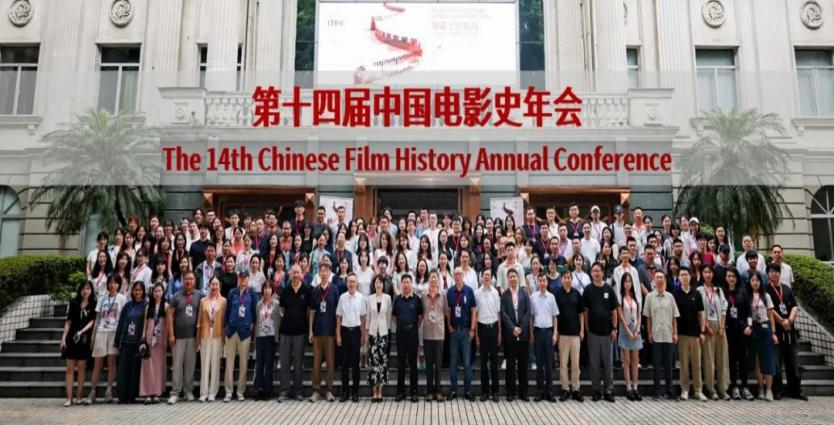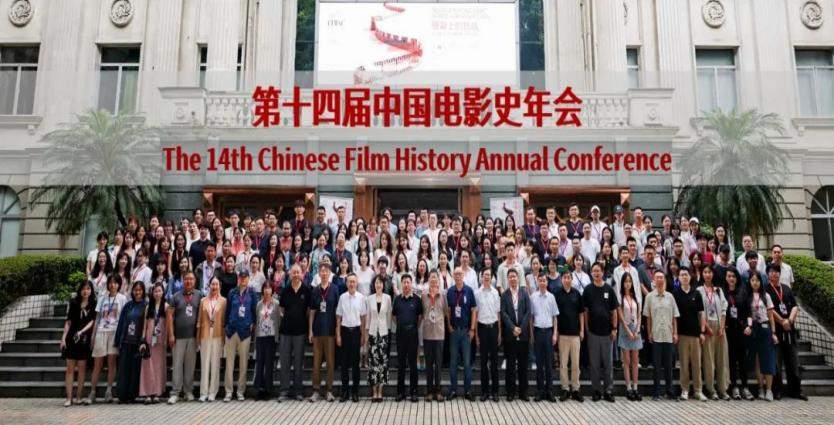From June 20 to 22, 2025, the 14th Chinese Film History Annual Conference was held at Chongqing University. Co-hosted by the China Film Archive (China Film Art Research Center) and Chongqing University, this year’s conference centered on the theme “The War of Resistance Against Japanese Aggression on Screen: Fighting Will, National Spirit, and Cultural Heritage”.


This year marks the 80th anniversary of the victory of the Chinese People's War of Resistance Against Japanese Aggression and the World Anti-Fascist War, as well as the 120th anniversary of the birth of Chinese cinema. Holding this annual conference at such a historically significant moment is of particular importance.
The conference brought together over 100 film history experts and scholars from China and abroad. Together, they revisited the audiovisual memories captured during a pivotal moment in China’s struggle for survival, and engaged in in-depth discussions on how film serves as a vessel for the nation’s historical memory and cultural legacy.
At the opening ceremony, Xue Ning, Deputy Director of the China Film Archive and the China Film Art Research Center, remarked that Chongqing—shaped by the trials of war—embodies the resilient spirit of the Chinese nation and stands as a key witness to the evolution of Chinese cinema. Hosting the “War of Resistance on Screen” theme here pays tribute to the martyrs and carries forward the enduring anti-war spirit.
Film history research helps define the cultural identity of Chinese cinema by uncovering its historical, aesthetic, and spiritual significance. As Chinese cinema marks 120 years of growth closely tied to the nation’s fate, this year’s focus offers a timely opportunity to explore its cultural roots and national spirit.
The War of Resistance Against Japanese Aggression was a pivotal era for Chinese cinema, as filmmakers turned cameras into weapons to capture the nation’s resilience. Chongqing, a key base for wartime film production, produced classics like Defend Our Land (1938) and Eight Hundred Heroes (1938). The conference theme aligns closely with the city’s history and will help advance research, cultural preservation, and academic development at Chongqing university.
The conference received 261 submissions from across mainland China and 12 other countries and regions. After expert review, 93 papers were selected for presentation. Notably, young scholars made up 79.3% of the presenters, continuing to drive innovation and vitality in Chinese film history research.
The screening showcased 18 rare films from the war period, presenting a vivid and diverse visual portrait of the era. Highlights included Huo Yuanjia (1944), Magnificent Mountains and Rivers (1944), and War of Resistance Slogan Cartoons (1938). The conference also held the 120th Anniversary Film Academic Salon, exploring the early history of Chinese cinema.
(Translated by Luo Desai)
